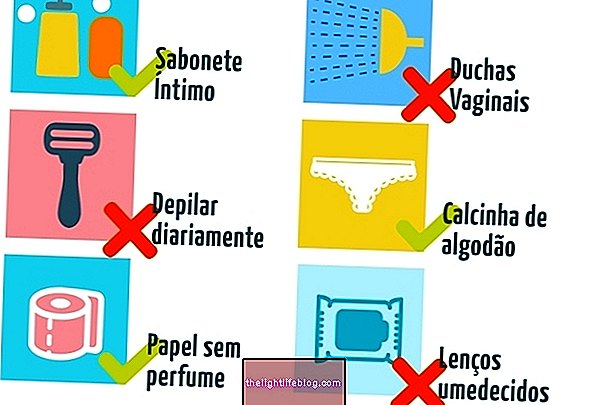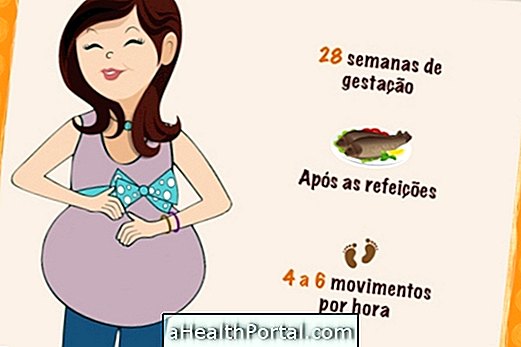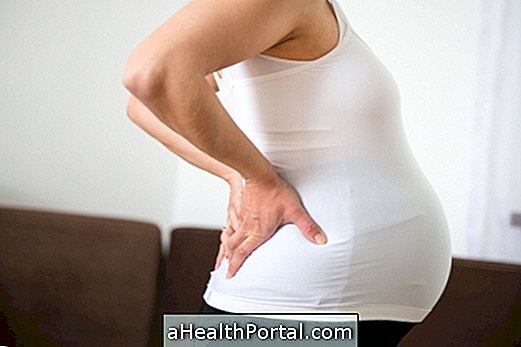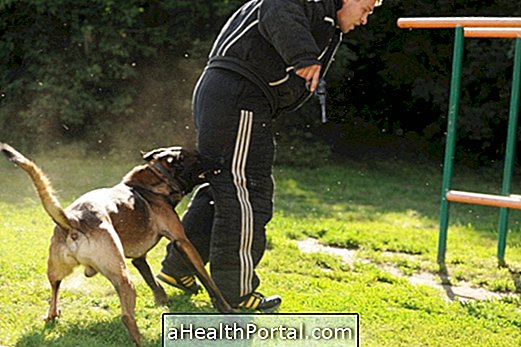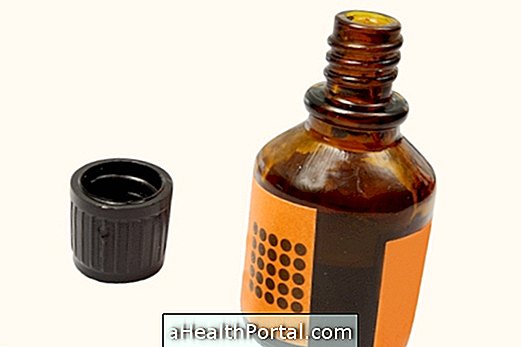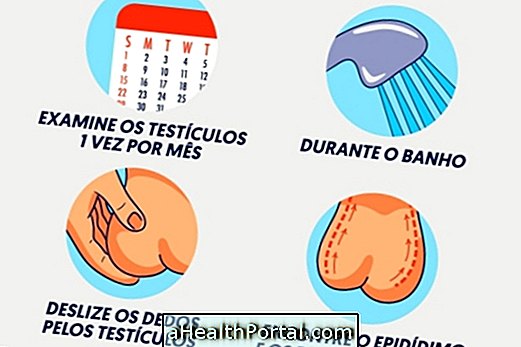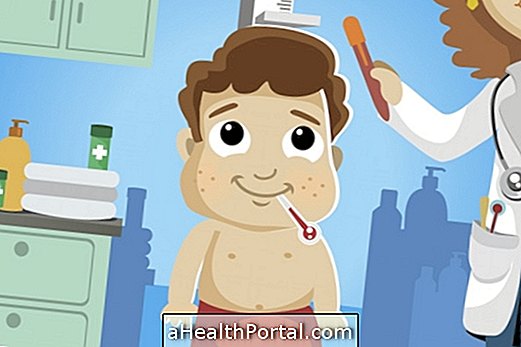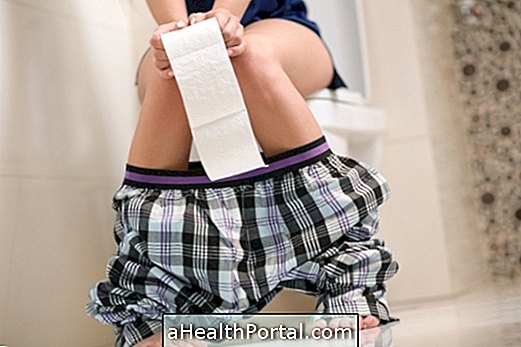Asthma when not controlled with medicines can harm the baby because when it does not receive enough oxygen from the mother it may have a growth restriction.
Thus, to treat asthma in pregnancy is recommended the use of asthma remedies, popularly known as 'bombilla' and follow all the care in the home to avoid exposure to dust that can worsen asthma.

Remedies for Asthma in Pregnancy
Pregnancy asthma remedies may be the same as the woman used before pregnancy because they do not harm the baby, nor cause premature labor.
The dose should also be maintained, but overuse of the asthma remedy should be avoided and it is therefore recommended to avoid contact with pollen, dust, dogs and cats, perfumes and intense aromas to avoid an asthma attack.
At the end of pregnancy the pregnant woman may feel short of breath due to the uterine growth that diminishes the space of the lungs and sometimes this can be confused with the asthma symptoms. So, before using the asthma medicine, you should try to improve your breathing by drinking a cup of coffee and lying on a chair, if not improving, using the asthma medicine.
See other strategies to relieve the discomfort of late pregnancy.
How does the asthmatic woman give birth?
The birth of the woman with asthma can be cesarean or normal. During normal birth the woman can use the medications she usually uses to relieve the symptoms of asthma, without risk to the baby.
However, in case of severe asthma, difficult to control, the doctor may suggest a cesarean because the pain and emotions involved in normal birth can trigger an asthma attack. To avoid pain the normal delivery can also be made anesthesia given several times during labor and these options should be discussed with the doctor during the prenatal
Common Questions About Asthma During Pregnancy
1. Pregnant can take the asthma remedy in pregnancy?
Yes, the pregnant woman can continue taking the asthma bomb in pregnancy because it ensures that the air reaches the woman's lungs and the oxygen also reaches the baby. There is no need to change the medication that the woman used before becoming pregnant and so the control of asthma can continue to be performed in the same way.
2. Can the asthma bomb hurt the baby?
No, medicines like Berotec, Alenia, Aerolin or Salbutamol, even if they can pass on to the baby, do not have the same side effects as the woman and do not bring any harm to the fetus. But asthma can present itself differently after the woman becomes pregnant, lighter or even more severe and so the doctor can exchange one bomb for another because the ideal is not to use more medicine than the woman really needs to breathe freely.
3. Can asthma medications be used in breastfeeding?
After the birth of the baby it is advisable to breastfeed normally because the amount of medications that the mother uses to control asthma, passes in small amount not being harmful to the baby and because breastfeeding can even decrease the risk of having asthma in the future.
4. Does the presence of asthma make a pregnancy at risk?
Usually not because asthma can be controlled with the remedies indicated by the pulmonologist and do not endanger the life of the woman or the baby. But if asthma treatment is not done, shortness of breath can be harmful and even fatal, putting both the woman's and the baby's lives at risk.
5. Does asthma improve or worsen in pregnancy?
Usually the woman who has mild asthma that can be controlled with the pump has a decrease in the symptoms of asthma, while women who already had a difficult control of asthma before becoming pregnant tend to have more severe symptoms. Therefore the treatment must be indicated by the obstetrician in conjunction with the pulmonologist.
When the symptoms are mild and easy to control with the asthma bomb, the woman's prenatal care is exactly the same as the one that does not have asthma, but in the case of the pregnant woman who has an asthma of difficult control, the obstetrician can request an examination of spirometry in the 1st, 2nd and 3rd trimesters of gestation to verify their respiratory capacity using a small device called peakflow, which indicates if the air can reach the lungs.
6. Will the baby be born with asthma?
The children of asthmatic mothers have a higher risk of developing the disease because it is caused by a genetic change that can pass from mother to child. When only the mother has asthma, the risk of having asthma is 25% and increases to 50% if the father is asthmatic. See How to take care of the baby with asthma.
